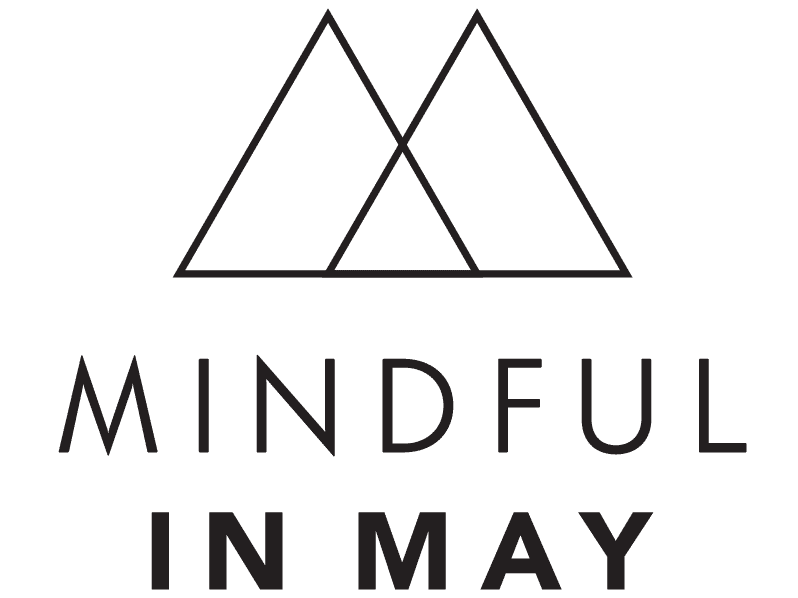I’ve done many random and spontaneous things in my life, although some would say they were bordering on the ridiculous. I’ve packed up my bags and flown, trekked, bussed, tuk-tuked, sung karaoke, swum and eaten my way across 43 countries, built houses in rural Cambodian villages, spent my life’s savings to make a difference, directed a 13 part tv series about MS, lived in Lerwick and the Akrotiri, worked in politics, retail travel, project management and philanthropy, hung out in slums, challenged others to dig deep and once climbed three of China’s holy mountains in one week. My passions are soaking in nature, writing, developing my ability to be a heart and hand philanthropist and encouraging others to live a life of and from, purpose. I believe our greatest opportunity right now is not to solve any of the world’s problems, but to inspire others that they can become change-makers.
What led you to meditation?
With a right-brain permanently on overdrive, for most of my life, my relationship with meditation has mostly been stop/start/stop. That was until 2008 when I was given a long-term diagnosis by a specialist. Rather than taking his words as gospel, I packed my bags and relocated to the country for 12 months. One day I was rugged up and when hearing a knock, struggled to the door. That opening changed my life, not only helping me to manage my symptoms but the anxiety of not being able to do what I wanted to do. Behind the door, was a neighbour who also was a Mindfulness-Based Stress Reduction (MBSR) facilitator who just happened to be commencing a new course the following week.
The eight-week program helped ground me during a difficult time and the tools that I learned have proved invaluable ever since. I’d like to go back and tell that specialist instead of telling patients “life will never be the same” to direct them to other forms of wellness practices, like meditation, that can support people not only through difficult periods but in everyday life. I’d also like to tell him something else, but I don’t think I can write that here 🙂
What value has practising meditation brought to your life?
I must admit that I do still stop/start/stop. Although it is definitely a little less on the stop side and a little more on the STOP (stop, take a breath, observe, proceed) side. My right brain still wanders. My emotions still run a marathon most days. But by developing skills in mindful body awareness, I am learning to stop myself before the situation gets out of control. I have recently been through a number of stressful situations, and have filled my days with some long days of silence to help reground and take back control.
Mindfulness is not about living in the now, but being in the now. It is about constantly drawing your attention back to what you are doing. I think people confuse that. You can be mindful while writing a business plan for a future project or reflecting on a past stressful time in your life. Mindfulness is being aware of what you are doing at any given time, and giving your attention to that. Guaranteed you will do a better job if you’re not thinking about what you have to do tomorrow. Your relationships will be stronger, you will get more done and life will be so much more greater when you allow yourself to appreciate and observe everything that happens in your day.
How has meditation supported you in your professional life?
I find this a little more difficult as you may be able to control yourself, but it is more difficult when others are involved. When you are around others who don’t understand mindfulness, it is not easy to be influenced by their needs and pressing requirements. Others believe they are mindful, and yet are influenced by their iPhones letting them know there are messages/tweets/things to do… even when you are meeting them. I’d like to say that my mindfulness practise extends fully into my professional life, however, I do struggle with this. Like anything you want to be good at, you need to keep practising, so next time I want to rip someone’s phone away from them when in a meeting, or when someone says they’ll do something and they don’t, I just need to be more mindful of my response. And learn to let go.
What are the biggest obstacles to your practice?
Learning how to manage your response, both internally and with communication, when others are constantly living life behind or in front. I haven’t quite got there yet, but I continue to work on it.
Also, if I need some serious meditation time, I quite often withdraw from the world. This is sometimes difficult as again, with a world that continually takes us away from ourselves, it is about educating those around you that you need time out and your world doesn’t revolve around your phone or social media. It’s still at zero by the way.
What is a quote that most inspires you and why?
Quotes don’t particularly inspire me. Life does. But I would like to share this poem that I have in my home office that was given to me during the MBSR course. It’s about facing your fears so you don’t have to spend the rest of your life being afraid. Why does it inspire me? Because fear and regret are two of the saddest words in the English language.
Suppose what you fear
could be trapped
and held in Paris.
Then you would have the courage
to go everywhere in the world.
All the directions of the compass
open to you,
except the degrees east or west
of true north
that lead to Paris.
Still, you wouldn’t dare
to put your toes smack dab
on the city limit line.
And you’re not really willing to stand on a mountainside
miles away
and watch the Paris lights
come up at night.
And just to be on the safe side, you decide to stay completely
out of France.
But then danger
seems too close
even to those boundaries,
and you feel the timid part of you
covering the whole globe again.
You need the kind of friend
who learns your secret and says,
“See Paris first.”
—M. Truman Cooper
What is a book that has opened you to new ideas and inspired your growth and why?
The Little Prince by Antoine de Saint-Exupery
And my favourite line: “On ne voit bien qu’avec le couer, l’essentiel est invisible pour les yeux”. It is only with the heart that one can see rightly; what is essential is invisible to the eye.
What Mindful Music do you listen to (ie. music that grabs your full attention and brings you into the moment)?
Soul sung from soul inspires me. Anything sung from a place of self encourages the listener to reconnect and be mindful of self. Lately, I’ve been listening to Geoffrey Gurrumul Yunupingu.
The right brain still works in overdrive and is stimulated by all creative outlets. I’m trying to teach myself the keyboard and I find that it does allow my mind to freeze-frame, focussing on the chords and what music I can create. I also started sketching last year, and find this one of the most powerful forms of meditation for me. I don’t use an eraser, so I find the half-hour I may spend doing a sketch completely transforms my mind to one of stillness as I focus on the image and see what I can create. At the end of the sketch, I often wonder how I did it, particularly as I don’t seem to think… it just seems to flow.
There’s nothing more life-changing to find a form of meditation that totally brings you into the moment, allows your entire body and mind to flow and hits both the defrag and reset buttons all in one go.
Want to be more like Tina Jensen?
Click here to get on the waitlist for the next Mindful In May global meditation event.


